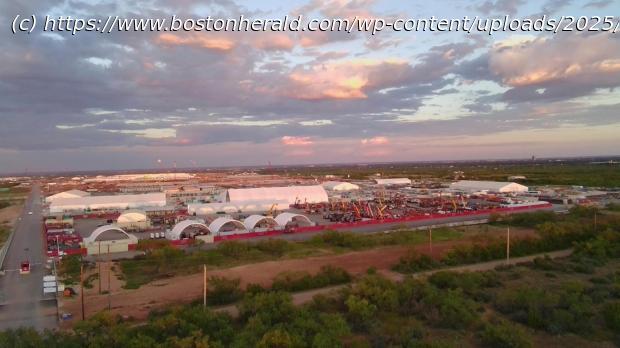Financial institutions are raising concerns about a potential AI investment bubble. The Bank of England warns that tech stock prices, inflated by AI optimism, could face a sharp correction. On Wednesday, the IMF echoed these concerns.
Lingering doubts about the economic promise of artificial intelligence technology are starting to get the attention of financial institutions that raised warning flags this week about an AI investment bubble.
Officials at the Bank of England on Wednesday flagged the growing risk that tech stock prices pumped up by the AI boom could burst.
“The risk of a sharp market correction has increased,” the U.K. central bank said.
The head of the International Monetary Fund raised a similar alarm hours after the Bank of England’s report.
Global stock prices have been surging, fired up by “optimism about the productivity-enhancing potential of AI,” IMF Managing Director Kristalina Georgieva said.
But financial conditions could “turn abruptly,” she warned in a speech ahead of the organization’s annual meeting next week in Washington.Is there an AI bubble?
“Bubbles obviously are never very easy to identify, but we can see there are a few potential symptoms of a bubble in the current situation,” said Adam Slater, lead economist at Oxford Economics.
Those symptoms include rapid growth in tech stock prices, the fact that tech stocks now comprise about 40% of the S&P 500, market valuations that appear “stretched” beyond their worth and “a general sense of extreme optimism in terms of the underlying technology, despite the enormous uncertainties around what this technology might ultimately yield,” Slater said.
The most optimistic projections about the fruits of generative AI products foresee a transformation of the economy, leading to annual productivity gains that Slater says have not been seen since the reconstruction of Europe after World War II. At the lower end, economist Daron Acemoglu of the Massachusetts Institute of Technology has predicted a “nontrivial but modest” U.S. productivity gain of just 0.7% over a decade.
“You’ve got this incredibly wide range of possibilities,” Slater said. “Nobody really knows where it’s going to land.






